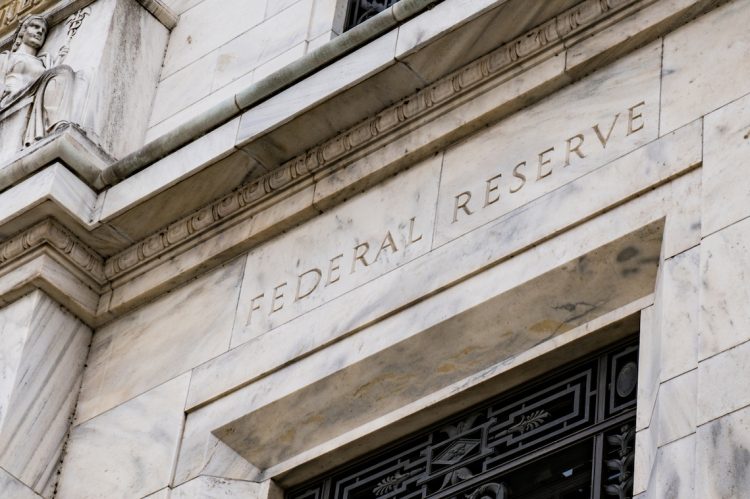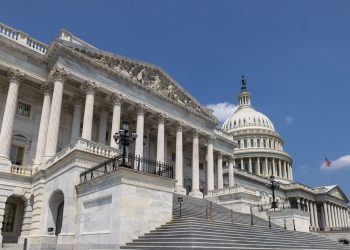In his first public speech since taking a seat on the Federal Open Market Committee (FOMC), Federal Reserve Governor Stephen Miran called for interest rates to be cut by two full percentage points and argued that the current monetary policy poses material risks to the Fed’s employment mandate.
Speaking at the Economic Club of New York on Monday, Miran laid out a detailed case for why he believes the federal funds rate should be in the “mid-2% area” rather than its current level of 4% – 4.25%.
Miran was the only dissenting vote during September’s FOMC meeting, where he called for a half-percentage point cut, a quarter-percentage point more than the actual cut.
Calling for changes in the neutral rate, Miran explained that moving too slowly to update a rapidly changing neutral rate raises the risk of policy mistakes.
“It is my view that previously high immigration rates and large fiscally driven decreases in net national saving, both of which raised neutral rates, were insufficiently accounted for in previous estimates of neutral rates,” Miran said. “Monetary policy was not as tight as many believed.
“That same effect may be taking place today, but in the opposite direction. In my view, insufficiently accounting for the strong downward pressure on the neutral rate resulting from changes in border and fiscal policies is leading some to believe that policy today is less restrictive than it actually is today.”
Miran assured the audience that his call for a half-percentage point cut was not out of panic for the economy.
“It’s not a panicky move; I think a panicky move would be something like 75 basis points or even more,” he said. “I’m not panicked. I just see that the risks grow the longer you remain significantly above neutral.”
Addressing concerns about allowing political biases to inform policy, Miran said that because he is simply on leave from his position with President Trump for a four-month job at the Fed, he is viewing it as just that. Miran has faced criticism for remaining in his position on the White House’s Council of Economic Advisers as he serves on the Fed, taking an unpaid leave of absence from that job.
“If it were a longer than four-month job, I would of course, resign, you know, immediately. If there were some reason that I would think that I would be in the seat past January, I’d resign now,” Miran said. “I was asked to take this role by the president of the United States. I took the role; I will do the best at it that I possibly can. That means pouring my own views independently, based on what I think is appropriate economics…analysis.”












